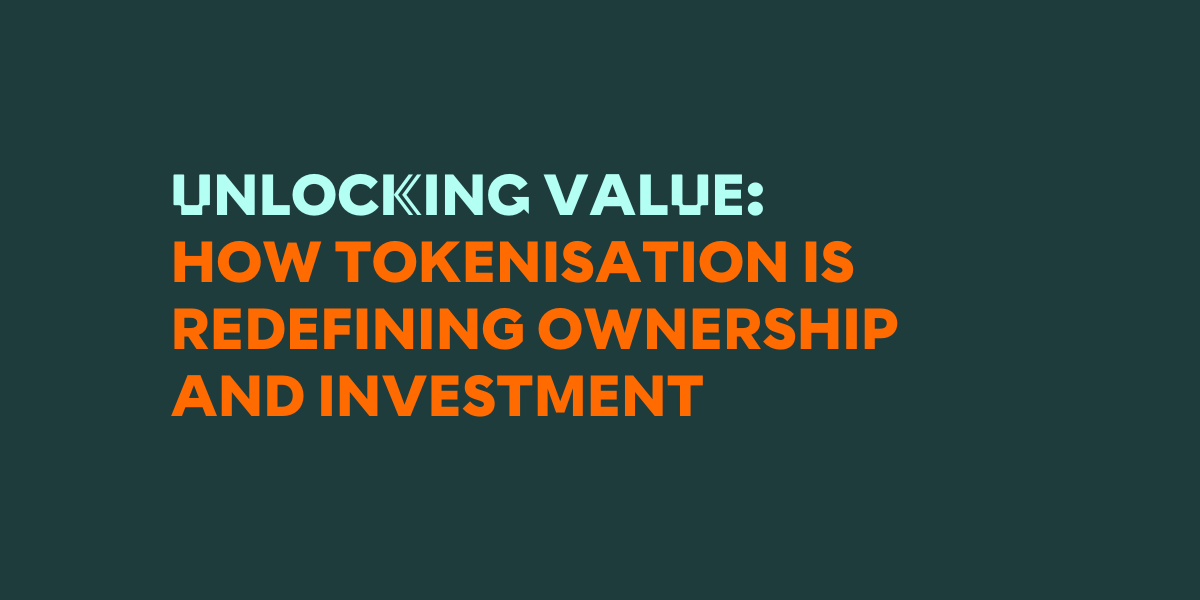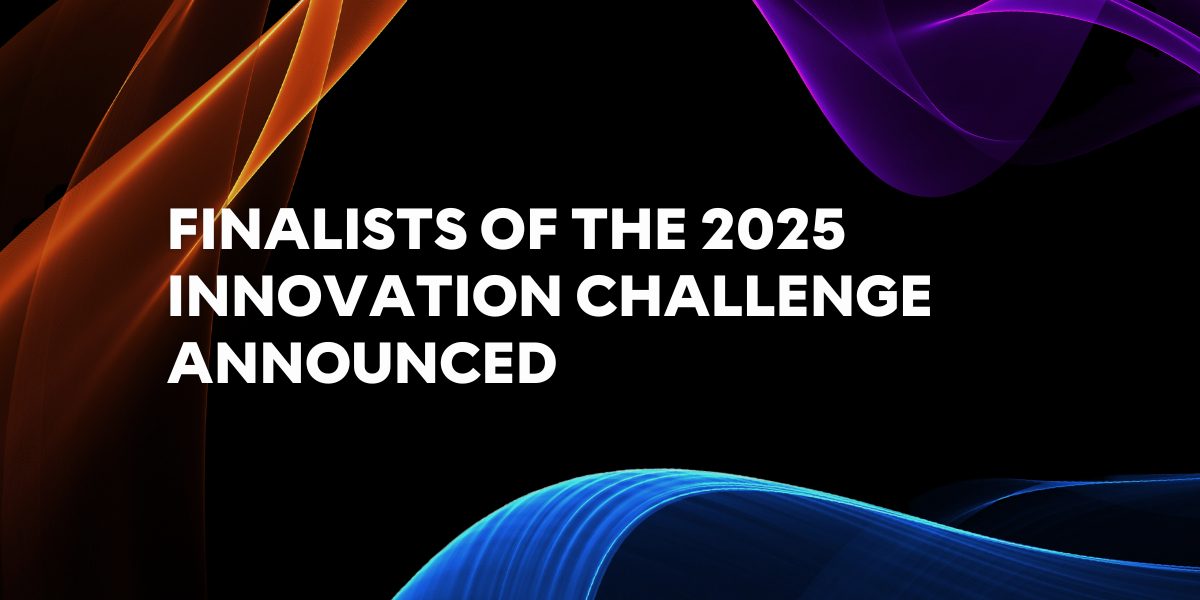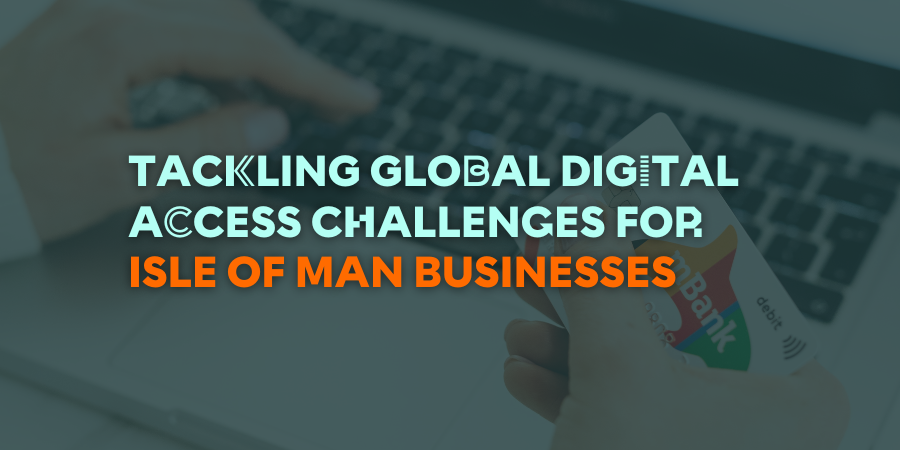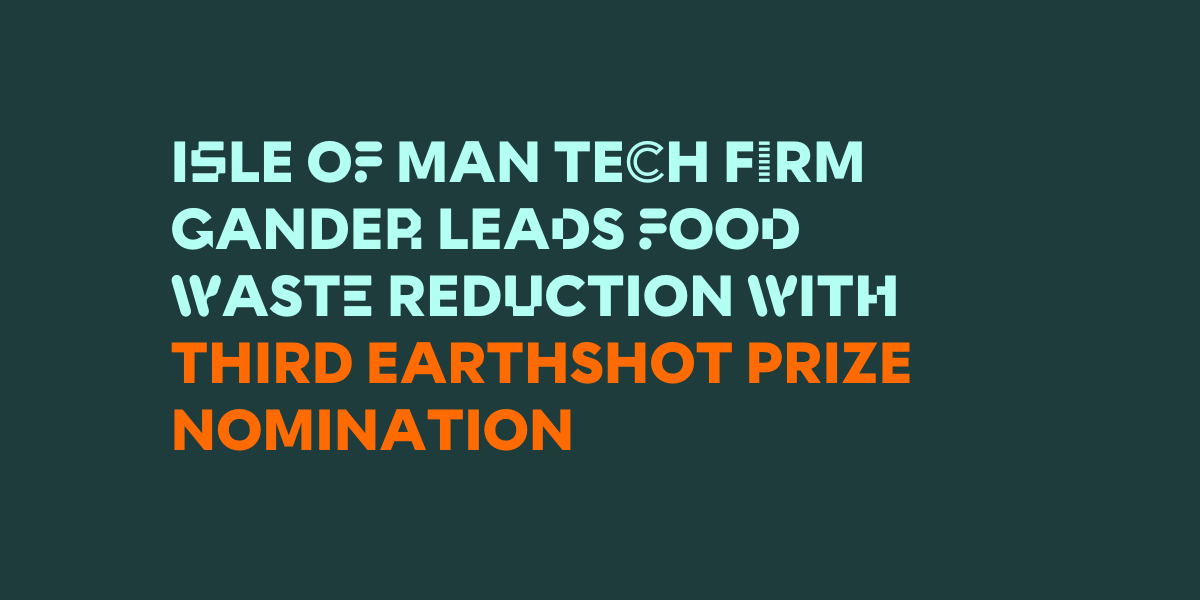UNLOCKING VALUE: HOW TOKENISATION IS REDEFINING OWNERSHIP AND INVESTMENT
17 February 2025

The world finds itself abuzz with the concept of tokenisation, a revolutionary process that promises to reshape the very fabric of financial markets and beyond. At its core, tokenisation is about taking real-world assets and converting them into digital tokens on a blockchain. These tokens represent ownership or a stake in the asset, be it real estate, art, stocks, or even intellectual property. The implications of this seemingly simple concept are vast, reaching into every corner of the global economy.
Tokenisation begins with the blockchain, the digital ledger that has already caused ripples with well known cryptocurrencies like Bitcoin and Ethereum. But while cryptocurrencies are exciting in their own right, tokenisation takes the potential of blockchain technology to a whole new level. By transforming physical and intangible assets into digital tokens, tokenisation promises increased liquidity, enhanced security, and unprecedented access to investment opportunities.
Imagine owning a fraction of a luxury hotel in Dubai or a piece of a masterpiece painting by Van Gogh. In the traditional financial world, such investments would be out of reach for most people, reserved for the wealthy and well-connected. Tokenisation democratises access, allowing anyone with an internet connection to buy, sell, and trade fractions of these high-value assets. This fractional ownership not only opens up new investment avenues but also increases the liquidity of traditionally illiquid assets.
The process of tokenisation involves creating a digital representation of an asset on the blockchain, a process often facilitated by smart contracts. These self-executing contracts with the terms of the agreement directly written into code ensure transparency and trust. When you buy a token, you're not just buying a piece of digital art; you’re purchasing a stake in the underlying asset, with your ownership securely recorded on the blockchain. This tamper-proof record makes fraud nearly impossible, instilling confidence in both buyers and
sellers.
Tokenisation also offers the potential for greater market efficiency. Traditional asset transactions can be bogged down by paperwork, intermediaries, and lengthy settlement times. Tokenised assets, on the other hand, can be traded almost instantaneously on digital exchanges, 24/7, without the need for intermediaries. This speed and efficiency reduce costs and make the markets more accessible to a global audience.
Moreover, tokenisation is not confined to physical assets. Intellectual property, like music rights, patents, and even your favourite sports team’s future earnings, can be tokenized. This opens up new ways for creators and innovators to monetise their work and for fans and investors to participate in their success. A musician, for instance, can tokenise their future royalties, allowing fans to invest in their career. This not only provides the artist with upfront capital but also creates a deeper connection with their audience.
However, as with any transformative technology, tokenisation is not without its challenges. Regulatory uncertainty looms large, as governments and financial institutions grapple with how to classify and regulate these digital assets. Questions about jurisdiction, taxation, and investor protection need clear answers. Additionally, the technology itself is still evolving, with issues of scalability, interoperability, and security requiring ongoing attention.
Despite these hurdles, the momentum behind tokenisation continues to build. Financial institutions, tech companies, and startups are all exploring ways to leverage this technology, driving innovation and competition. The promise of tokenisation lies in its ability to unlock trillions of dollars in assets, making them more accessible, efficient, and secure. In the end, tokenisation represents a profound shift in how we perceive and interact with value. It bridges the gap between the physical and digital worlds, creating a more inclusive and dynamic financial landscape. As the technology matures and regulatory frameworks catch up, the potential for tokenisation to transform industries and empower individuals becomes ever more apparent.
So, as we stand on the brink of this digital revolution, it’s clear that tokenisation is more than just a buzzword. It’s a gateway to a new era of economic opportunity, one where the barriers to investment are lowered, and the possibilities are endless. In this brave new world, everyone has the chance to own a piece of the future.
ABOUT SAM DORRER:
Sam Dorrer is an Island-based entrepreneur focused on innovation and technology, having founded and led two companies that create value across multiple spheres and sectors. His current venture, Echo, empowers investors to collateralise capital on a DeFi lending protocol by tokenising traditional investments on the blockchain, enabling a seamless integration of crypto and fiat spaces for long-term wealth building.
Sam is also the founder and managing director of Flux Technology, a B2B engineering and software development company that develops cost-effective and innovative digital and intellectual property assets. With a strong background in research & development, business strategy, marketing, legal, and logistics, Sam excels at navigating complex challenges and delivering practical solutions.
This article has been created by a third party and is provided for general informational purposes only and does not constitute endorsement, recommendation, or approval by Digital Isle of Man.
While we strive to ensure the accuracy, relevance, and reliability of third-party content, we do not warrant or guarantee its completeness, timeliness, or fitness for any particular purpose. Any reliance you place on such content is strictly at your own risk.





